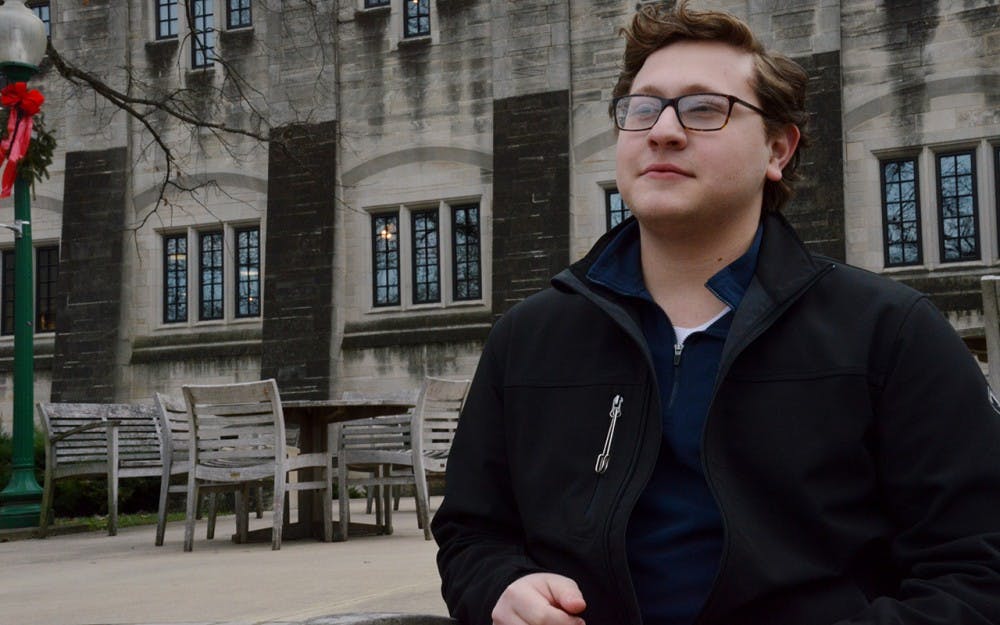IU junior Humam Yousef spent much of his childhood in Syria and returned every year until 2011, when war made the trip too dangerous.
Now, with work in Syria off the table, he is on his way to Greece for a Syrian American Medical Society mission to help refugees.
“I’ve always worked in public health,” Yousef said. “I’ve always worked in medicine, so when I see people who are from the same country as me, same country as my parents, there’s this really great desire to go and give back.”
Yousef and his father, a primary care physician, leave Friday for two weeks of providing refugees with triage care, administering medications and interpreting for fellow volunteers who don’t speak Arabic.
According to the SAMS website, the organization works in four official camps in northern Greece and provides primary health care for up to 3,500 refugees of about 60,000 in the country.
Though the father and son had no trouble deciding to go, the preparation process since that decision has been fraught.
“I’ve always watched the SAMS volunteer videos, and I wanted to do it so badly,” Yousef said. “I just didn’t think it would be possible, particularly with me being busy here over the summers with both work and school.”
The neuroscience major currently works as a medical assistant with Riley Physicians, volunteers with Bloomington’s Volunteers in Medicine and spends his weekends in Evansville, Indiana, as an emergency medical technician.
The only time for a mission would be winter break.
[IU professor works to bring refugees to Bloomington | IDS]
Toward the beginning of the semester, Yousef wrote a résumé for his father, who never needed one before.
He sent copies of certifications and his passport to SAMS, and the organization expressed excitement at having him.
Yousef worked to secure donated medications from local hospitals and EMS agencies only to find out the Greek government would take them away at the airport.
And then the age and experience requirements changed.
Yousef received an email Sept. 30.
He learned his age was a concern, and SAMS Global Response wanted him to clarify why he should be allowed to go.
“It was kind of embarrassing,” Yousef said. “I had to sort of spout my credentials out to them. I know I’m 20 years old, but look at what I’ve done.”
They said they would get back to him.
Yousef reached out to mission coordinators and physicians who could vouch for his competence, and SAMS eventually accepted him.
He said he believes he’ll be the youngest volunteer on the ground there.
“I’m wondering a little bit how they’re going to perceive that, some of the other volunteers,” Yousef said. “I think having my father with me there, though, will help with any sort of anxieties or help with any uncertainty when it comes to my role there. He’ll help guide me.”
Yousef’s other greatest concern is the non-physical element of providing medical care.
“Here in the U.S., we see trauma, of course, but not to the scale of people displaced by war or people who had to leave everything in fear of dying,” Yousef said. “That’s one thing I think I’m a little nervous about, having to deal with the psychological aspect of it.”
Greater than his worries, however, is his readiness to learn, especially from children who have lived their whole lives in the camps.
“It’s going to be really interesting to see how they cope with this kind of life, because Syrian people, they’re resilient,” Yousef said. “I’m sure many of them have found a way to make it work.”




